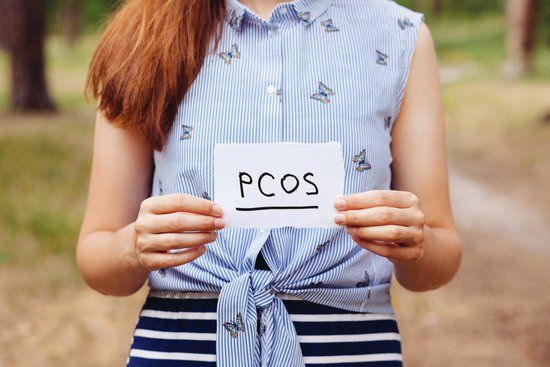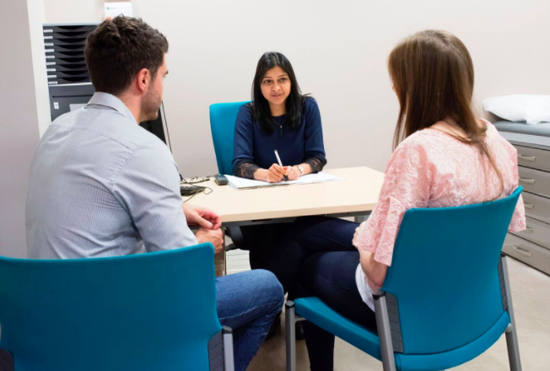
Have you been diagnosed with Polycystic Ovarian Syndrome (PCOS)? It’s a common cause of fertility problems.
Thought to affect around one in five women in the UK, PCOS affects your hormone levels and how your ovaries work, making it difficult to get pregnant naturally as you’re not ovulating regularly as you should be.
At Manchester Fertility, our Medical Director Dr David Polson is a specialist in overcoming ovulatory disorders including PCOS, and through our bespoke, highly tailored approach we have helped many women with Polycystic Ovarian Syndrome to successfully conceive.
Initial tests
The first step is to examine your diagnosis and medical history, and perform initial fertility tests including blood tests for measure ovarian reserve and an ultrasound scan to check your fallopian tubes and uterus.
The results are used to formulate your personal treatment plan that gives you the highest chance of pregnancy, taking into account your circumstances and the unique factors of your Polycystic Ovarian Syndrome diagnosis, including your ovulation history and likely response to ovarian stimulation.
Induction of Ovulation
As Polycystic Ovarian Syndrome affects ovulation and your menstrual cycle, we can encourage your ovaries to release a mature egg ready for fertilisation, using fertility drugs. These drugs not only ensure you ovulate, but that your body is prepared and ready to accept an embryo by boosting the thickness of your uterine lining.
You’ll be carefully monitored by our expert team during stimulation phase, ultrasound scans and blood tests will ensure we can pinpoint when you’re about to ovulate. You can either then attempt to conceive naturally, or we may recommend Intrauterine Insemination (IUI), which is when your partner’s sperm is inserted directly into your uterus around the time of ovulation in our clinic theatre.
IVF for PCOS
Dependent upon your medical history and factors including your age, we may advise IVF. You’ll undergo ovarian stimulation, with your eggs collected and fertilised using your partner’s sperm in our laboratory. The best quality resulting embryo will be transferred back into your womb, if you have multiple good quality embryos, these can be frozen for use in future cycles through Frozen Embryo Transfer.
Dietary help for PCOS pre-treatment
As weight gain is a common symptom of PCOS, we can help you prepare for your fertility treatment and pregnancy if your BMI is too high. Our dietician Jeanette Jackson provides hands-on dietary and nutrition advice, tailored to you to ensure you reach your goals and maximise your health before you begin your journey with us.
If you have Polycystic Ovarian Syndrome and would like to know more about how we can help you have a baby, call our friendly Patient Advisors on 0161 300 2737 or apply online.
Last updated: 2nd September 2016







